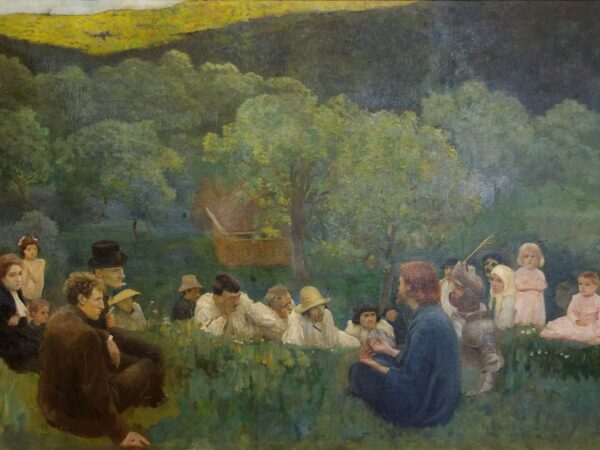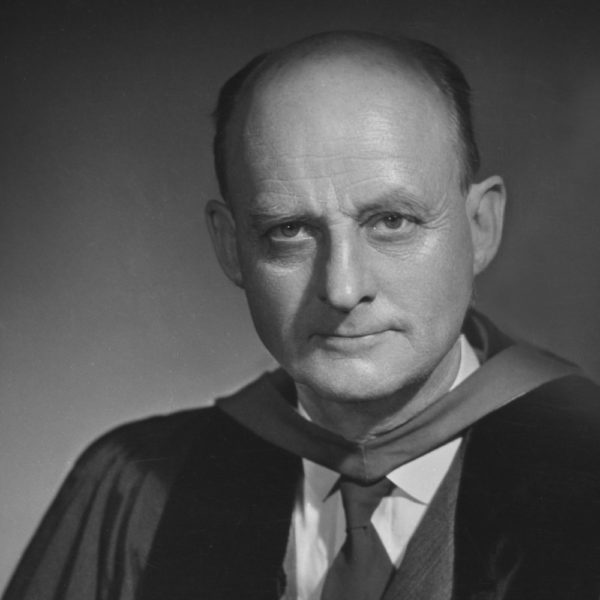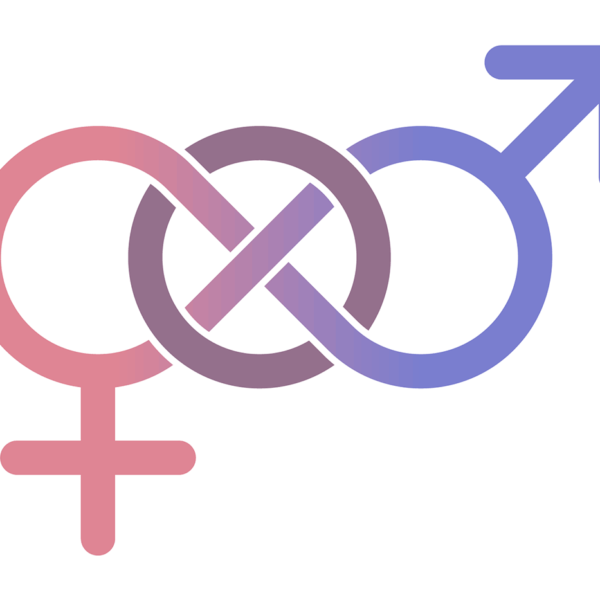
It is, as we read throughout Acts, about how this epistemological truth has moral and ethical implications, disrupting the naturalized ways in how we relate to each other as consequences of history, religion, or culture. We do not only see Jesus where we expect him, but also in those who are oppressed, who we oppress, and oppose.

I am sympathetic to what I perceive as Wink’s larger goal in this interpretation. He wants to remove the option of reading Jesus’s words as endorsing toleration of abuse. He is rightly aware of and duly burdened by too many examples in the history of Christendom in which the powerful have used a command like “do not resist evildoers” as a rationale for submission to injustice.
Wink’s approach throughout the Powers trilogy is fundamentally a reappropriation of the Biblical texts in light of contemporary concerns. Far from being a “really bad” reading of scripture, it is an excellent example of constructive Biblical theology… The answer he proposes is a wholesale reevaluation of both the Biblical conception of the Powers and Principalities, as well as their relevance to the modern world.

I ask whether they think Wink’s exegesis is correct. Many have been completely convinced; they think that Wink has provided very compelling evidence… But now that my students are certain that Wink has hit it out of the park, I can add another layer of complexity and uncertainty by sharing that I have doubts.




